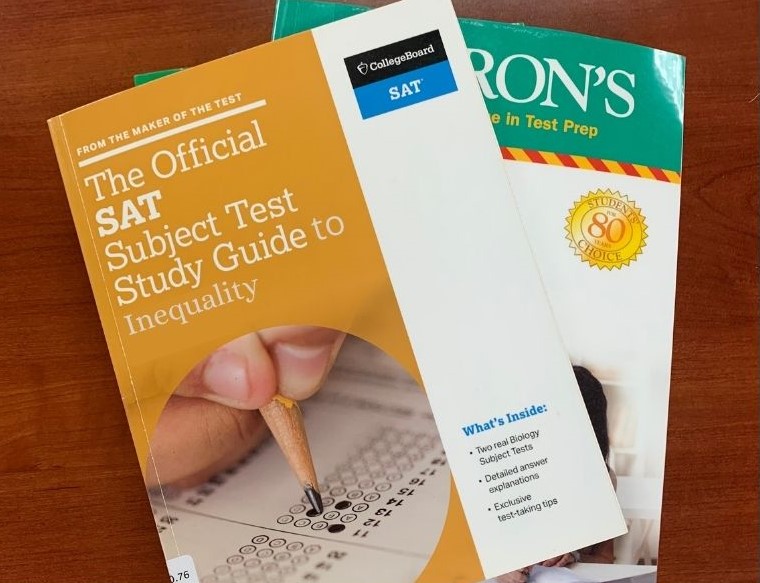Test Optional: An Equitable College Application Process
March 2, 2022
The Scholastic Aptitude Test, more commonly known as the SATs, have been a form of academic torture inflicted on the college-bound youth of America since 1926. Originally created to encourage more economically diverse schools, the SATs are now generally accepted to be racially and economically biased by many educational institutions across the nation.
The SAT and ACT are money grabs and not a fair representation of the intelligence of students taking the tests. Given the amount of tutoring and extra help now undeniably required to do well, the SAT and ACT put higher-income kids at an unfair advantage. The SATs don’t portray a student’s academic success but rather their parents’ economic prowess.
According to Denver Test Prep’s website, their average SAT prep course costs $140 an hour when the minimum session time is 90 minutes. These sessions are almost a requirement to succeed in these tests.
This test-optional policy is rapidly gaining momentum. According to a study released by Common App, 89 percent of member institutions went test-optional or test blind this application season. Common App also reported a 33 percent drop in students who submitted their test scores from the 2019-2020 application season to the 2020-2021 application season.
Going test-optional also eliminates the stress for a student when applying for college and having the option to not submit my test scores gives me a break from worrying about how this assessment could affect my future.
High schoolers are constantly plagued with the stress of thinking about their future, and I have felt this stress as SAT season approaches. The idea that the entire success of your high school career is determined by your success on a test made by strangers is terrifying. Having the ability to withhold my scores makes me feel as though my future is not completely riding on a test I take at some random school on a Saturday.
With the Ivy Leagues and The University of California system going test-optional and test blind since COVID-19, higher education institutions are consciously recognizing the shortcomings within the testing industry. College Board for years have been monopolizing the testing industry and have been restricting the educational opportunities for the underprivileged. The abolishment of the SAT requirement will allow students to show their readiness for college through their essays, extracurricular activities, and their letters of recommendation.
Post Grad counselor Craig Wittgrove said that “the students are feeling like they’re being judged on their full body of work, not just four hours on Saturday.”
This policy change has not gone unnoticed by the College Board who released a statement in January of this year that the SAT will now be completed online, have shorter reading passages, calculators for the whole math section, and test time reduced from three hours to two starting in 2023 for international students and in 2024 for American students.
College Board scrambles for relevancy and their grip on the universities of America is pried from them as a new era for college applications is rapidly approaching. An era that will promote racial and socioeconomic diversity in the universities of America and usher in a new age of talented students.






















